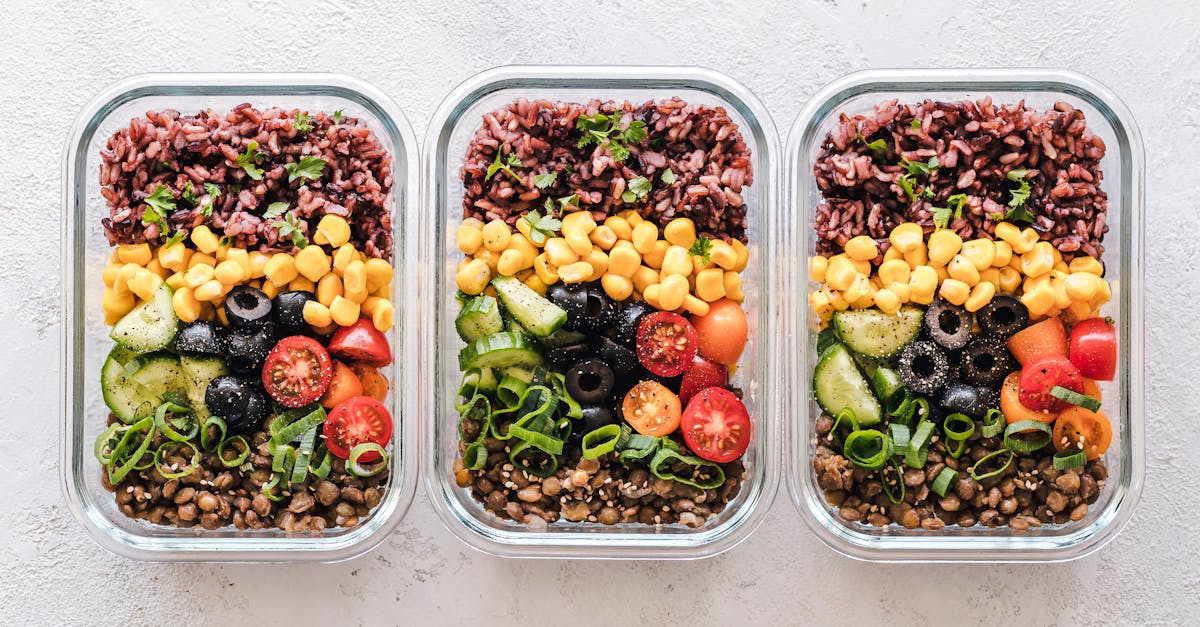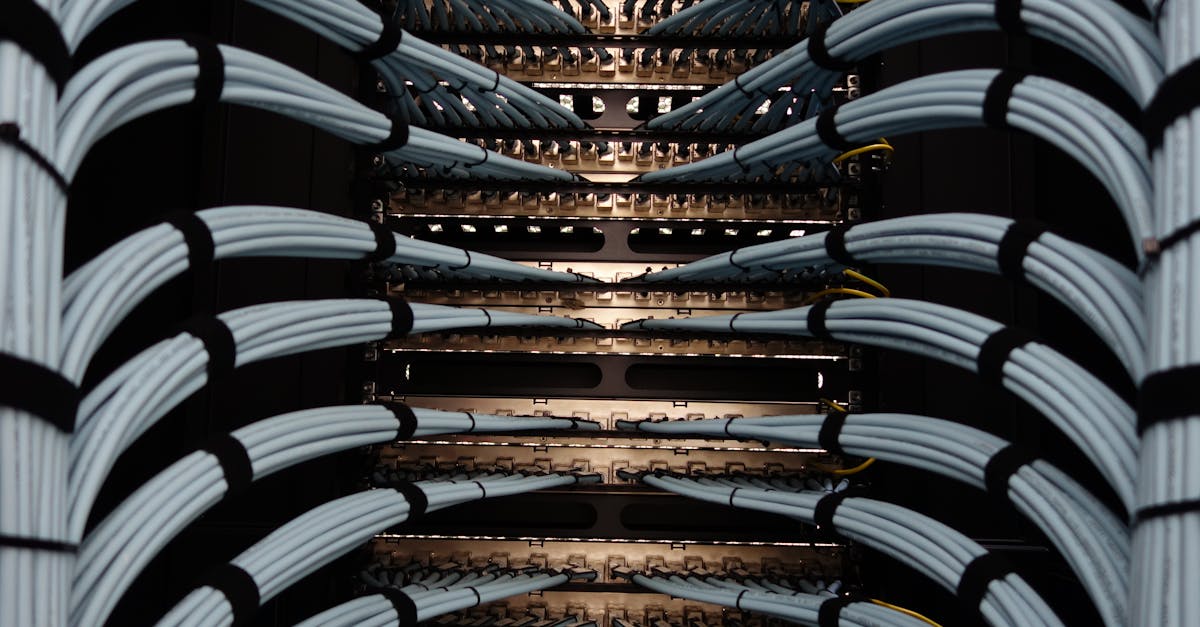The 'Good Enough' Health Plan: 5 Ways to Hit Your Goals When You Have Zero Energy
In a world that often demands perfection, the concept of a 'Good Enough' health plan may seem counterintuitive. However, for those grappling with low energy levels, it offers a pragmatic approach to achieving health goals without the exhaustion of striving for perfection. This plan is not about settling for mediocrity but rather about finding a sustainable balance that fits your current lifestyle and energy levels. By focusing on attainable goals and incremental progress, you can still make significant strides in your health journey. This article explores five effective strategies to help you reach your health objectives, even on your most sluggish days.
Prioritizing Rest and Recovery

The foundation of any successful health plan, especially when energy is scarce, is prioritizing rest and recovery. Chronic fatigue can often be exacerbated by inadequate sleep, leading to a vicious cycle of low energy and poor health choices. Embracing a 'Good Enough' health plan means recognizing the importance of quality sleep and allowing your body the time it needs to recover. Establishing a consistent sleep schedule and creating a restful environment can significantly enhance your energy levels. By valuing rest as a crucial component of your health strategy, you provide your body with the necessary resources to rejuvenate and prepare for the challenges of the day ahead.
Simplifying Nutrition for Energy Boost

When energy is low, complex meal plans can feel overwhelming. Simplifying nutrition by focusing on whole, nutrient-dense foods can provide the necessary fuel without the added stress. Incorporate easy-to-prepare meals that include lean proteins, whole grains, and plenty of fruits and vegetables. These foods offer sustained energy release and essential nutrients to keep you going. Consider meal prepping on days when you have more energy, ensuring you have healthy options readily available. By reducing the complexity of your diet, you can maintain a balanced intake that supports your energy needs and health goals without feeling overburdened.
Incorporating Gentle Movement

Exercise is a critical component of any health plan, but it doesn't have to be intense to be effective. When energy is limited, incorporating gentle movement can be both beneficial and manageable. Activities like walking, yoga, or stretching can improve circulation, boost mood, and enhance overall well-being without depleting your energy reserves. Start with short, manageable sessions and gradually increase duration as your stamina improves. Gentle movement not only contributes to physical health but also promotes mental clarity and stress reduction, making it an integral part of a 'Good Enough' health plan tailored to low-energy days.
Mindful Goal Setting

Setting realistic and achievable goals is crucial when energy is at a premium. Mindful goal setting involves breaking down larger health objectives into smaller, actionable steps that can be accomplished even on low-energy days. This approach prevents feelings of overwhelm and fosters a sense of accomplishment, motivating you to continue progressing. Use tools like journals or apps to track your progress and celebrate small victories. By focusing on what you can achieve rather than what you can't, you maintain a positive outlook and ensure that your health plan remains aligned with your current capabilities and lifestyle.
Leveraging Technology and Support Systems

Incorporating technology and support systems can significantly enhance your ability to stick to a 'Good Enough' health plan. Apps that track nutrition, sleep, and activity levels can provide valuable insights and keep you accountable. Additionally, enlisting the support of friends, family, or online communities can offer encouragement and motivation. Sharing your journey with others who understand your challenges can provide a sense of camaraderie and reduce feelings of isolation. By leveraging these resources, you can create a supportive environment that facilitates adherence to your health goals, even when your energy is low.
Practicing Self-Compassion

A critical aspect of the 'Good Enough' health plan is practicing self-compassion. It's essential to acknowledge that everyone has limitations and that it's okay to have days where you don't meet your expectations. Instead of dwelling on perceived failures, focus on the progress you've made and the effort you continue to put forth. Self-compassion involves being kind to yourself and recognizing that setbacks are a natural part of any journey. By maintaining a positive and forgiving mindset, you create a more sustainable approach to health that prioritizes well-being over perfection, fostering long-term success.
Sustainable Success Through Balance

The 'Good Enough' health plan is about finding balance and creating a sustainable path to wellness, even when energy is lacking. By prioritizing rest, simplifying nutrition, incorporating gentle movement, setting mindful goals, leveraging technology and support, and practicing self-compassion, you can achieve your health objectives without the pressure of perfection. This approach not only respects your current energy levels but also empowers you to make consistent progress, ultimately leading to a healthier and more fulfilling life. Embrace the 'Good Enough' mindset, and discover the power of small, manageable changes in your journey toward optimal health.
